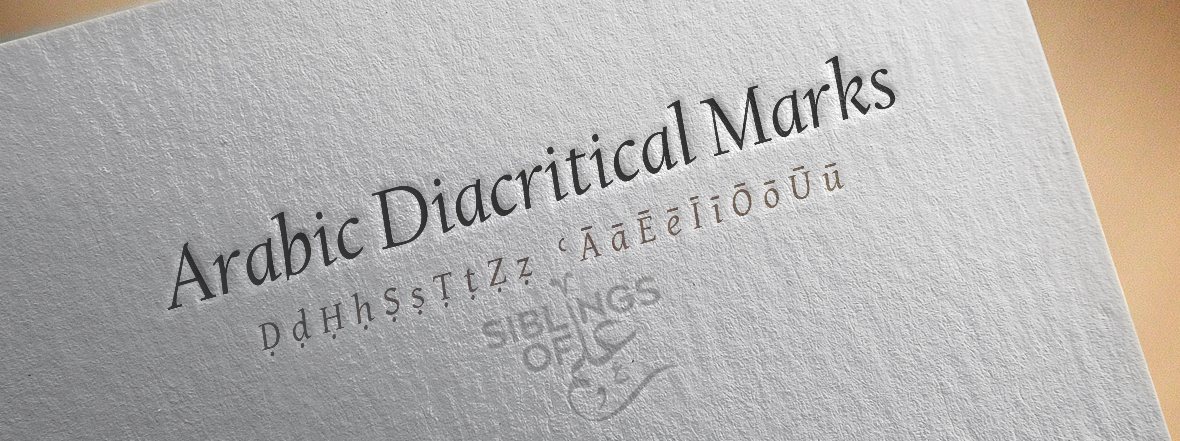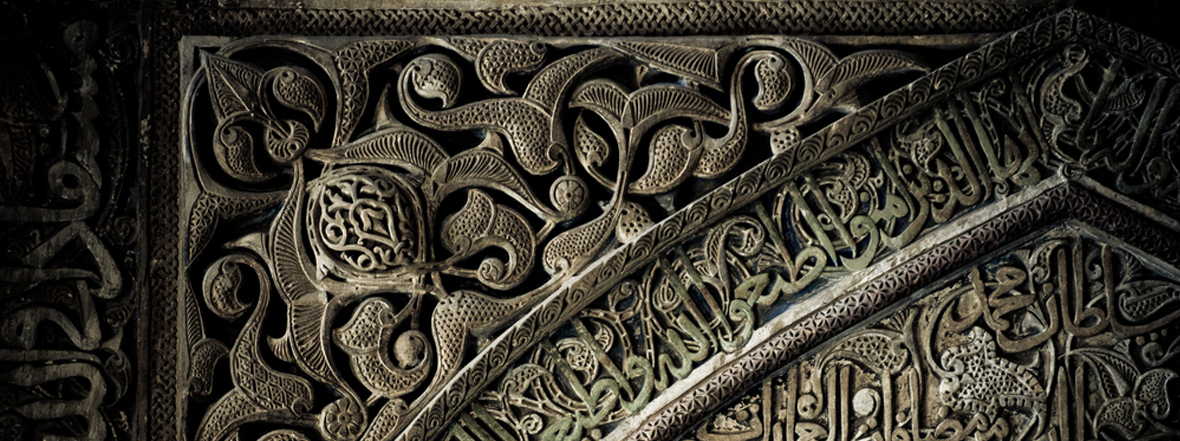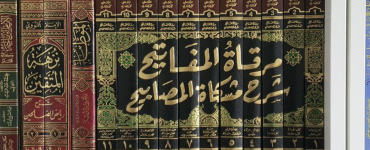بسم الله الرحمن الرحيم
Why have muḥaddithūn narrated mawḍūʿāt and compiled books on it?
There are three main reasons for this:
1. To make its falsehood known: Muḥammad ibn Rāfiʿ says, “I saw Aḥmad ibn Ḥanbal in the gathering of Yazīd ibn Hārun with the book of (Zuhayr from Jābir al-Juʿfī— a liar) I said to him: ‘Why do you prevent us from Jābir al-Juʿfī but write from him yourself?’ He replied: ‘So that we may recognise him (as a fabricator and thus be able to distinguish his fabricated ḥadīth from the sound ones).’”
2. For iʿtibār (consideration): the ḥadīth will be written and ‘kept on the side’ in case it can be used in the future to give strength to other sound ḥadīths that may be discovered by the ḥadīth scholars.
3. The iʿtibār will then prove that although narrated by a fabricator, this is one of those instances when a fabricator/liar has spoken the truth. Keeping this in mind, a ḥadīth scholar writes everything he can in the beginning and then will distinguish the sound from the forged at a later stage.
Imām Sufyān al-Thawrī was asked, “You narrate from al-Kalbī?!” to which he replied, “I know his truth from his lies.”
Someone asked Ibn Mājishūn, “Why have you all narrated some ḥadīths and then left them?” He replied, “To make it known that we have left them upon knowledge/knowingly (li yuʿlam annā ʿalā ʿilmin taraknāh).”
Some signs of a mawḍūʿ ḥadīth:
1. A fabricator’s own confession.
2. A fabricator accidentally or indirectly exposes himself that he has fabricated. For instance, the time and place he mentions are inaccurate.
3. A large group of ḥadīth critics agree regarding him being a fabricator.
4. A clue in the narrator alludes that he has fabricated such as the story of Giyāth and the pigeons when he narrated the ḥadīth: “There should be no awards (for victory in a competition) except on arrows, camels or horses.” (Sunan Nasāʾī, 3586) and added the part “and in pigeons (aw janāḥin)” to appeal to the caliph.
5. A clue in the report itself indicates that it has been fabricated, such as poor language, and it also contradicts sound logic (belonging to the muḥaddithūn of the field).
6. Something seemingly dramatic occurred at some period of time, but only one narrator seems to be narrating it.
7. Something was seemingly prescribed upon a body of people, but strangely only one person narrates it.
8. Poor word usage and sentence structure. This is only when the narrator claims that they are the words of the Prophet (ṣal Allāhu ʿalaihi wa sallam).
9. When a severe punishment is promised for a little error and/or when a humongous reward is promised for a tiny good deed. For instance: “Whoever prays X amount, for him will be 70 residences, in every residence 70 homes, in every home 70 beds, on every bed 70 young girls.”
10. Imām Ibn al-Qayyim mentions that sometimes the narration sounds silly, and is, therefore, a sign of it being a fabrication, for instance: “If rice was a man, it would have been forbearing; no hungry person has eaten it except that it satisfied him.”
(Shaykh ʿAbd al-Fattāḥ Abū Ghudda, Lamḥāt min Tārikh as-Sunnah, pp. 224-225)
An example of a ḥadīth fabricated to support one’s claim
Sayf ibn ʿUmar at-Tamīmī said: “I was with Saʿd ibn Ṭarīf when his son came to him crying. Saʿd said to him (his son): What happened to you? The son replied: The teacher hit me! So Saʿd said: By Allāh! Today I will embarrass them all! He proceeded to say: (Fabricated ḥadīth→) ʿIkrimah narrated to me from Ibn ʿAbbās (raḍī Allāhu ʿanh) that the Prophet of Allāh (ṣal Allāhu ʿalaihi wa sallam) said: ‘The teachers of your children are the worst of you; they have the least mercy to the orphan and are the harshest to them.’”
(Imām al-Hākim An-Nisāpūrī, Kitāb al-Madkhal Ilā Maʿrifati Kitāb al-Iklīl, p.138 ḥadīth 46)
Books on mawḍūʿāt collections
Imām Ibn al-Jawzī has gathered many narrations in his Kitāb al-Mawḍūʿāt:
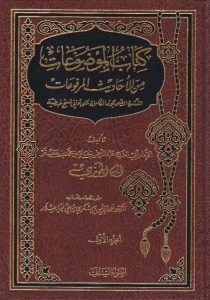 كتاب الموضوعات من الأحاديث المرفوعات
كتاب الموضوعات من الأحاديث المرفوعات
Imām Ibn al-Ṣalāh (raḥimahullāh) claims that some of the narrations which he has included actually fall under the category of Ḍaʿīf. Commentators clarified that there are also narrations that could come under the category of Ḥasan and even Ṣaḥīḥ. Therefore, a person cannot simply quote Imām Ibn Al-Jawzī and conclude that a ḥadīth is fabricated. Even if a narration is graded as Mawḍūʿ in his Kitāb al-Mawḍūʿāt, a person will have to make further research. This causes the book to lose its original worth because any narration could either be authentic or fabricated. So unless a person is knowledgeable, he will not be able to derive proper benefit from this book.
Due to this, Imām Ibn Ḥajar (raḥimahullāh) suggested that someone should work on revising Imām Ibn al-Jawzī’s book, clarifying which ḥadīths are not Mawḍūʿ and adding the numerous Mawḍūʿ narrations which he left out.
In response to Ibn Hajar’s suggestion, ʿAllāmah al-Suyūṭī wrote: an-Nukat al-Badiʿāt ʿalā al-Mawḍūʿāt, popularly known as Taʿaqqubāt as-Suyūtī ʿalā al-Mawḍūʿāt Ibn al-Jawzī:
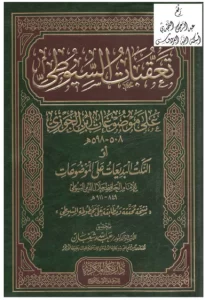 تعقبات السيوطي على موضوعات ابن الجوزي
تعقبات السيوطي على موضوعات ابن الجوزي
It is also printed by numerous different publishers, like Dar Makkah al-Mukarramah, etc. Then ʿAllāmah as-Suyūṭī (raḥimahullāh) wrote a third book that gathers those narrations which Ibn al-Jawzī did not add to his al-Mawḍūʿāt. That book is called Adh-Dhayl ʿala ‘l-Mawḍūʿāt, and printed with the name: Al-Ziyādāt ʿala ‘l-Mawḍūʿāt. It contains 1056 narrations:
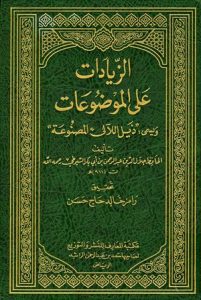 الزيادات على الموضوعات ويسمى ذيل اللآلئ المصنوعة
الزيادات على الموضوعات ويسمى ذيل اللآلئ المصنوعة
A fabricator’s confession
There are some narrators who have purposely fabricated ḥadīths and attributed them to the Prophet (ṣal Allāhu ʿalaihi wa sallam) for various reasons. Then there are other narrators who have transmitted acceptable ḥadīths — for whatever underlying reason of theirs — but then later made fake confessions about those ḥadīths being Mawḍūʿāt (fabricated narrations). This is either because they wanted people to stop practicing on that ḥadīth or the ḥadīth no longer helps their ulterior motive, etc. Hence, the question arises, is a fabricator’s confession alone in itself sufficient to prove that a ḥadīth is fabricated?
ʿAllāmah Ibn Daqīq al-ʿīd (raḥimahullah) has said in his Al-Iqtirāḥ fī Bayān al-Iṣṭilāḥ p.229:
“He has mentioned the confession of a narrator as a part of it (the indications of fabrications), and this is sufficient in rejecting him (as a reliable narrator). However, this is not a decisive proof in that the narration is truly a fabrication, due to the possibility that he can lie in his very confession.”
To summarise, ʿAllāmah Ibn Daqīq al-ʿīd has said that a fabricator’s confession alone cannot give us a firm conviction that the ḥadīth is Mawḍūʿ, however, the fabricator himself will be rejected. This is because if he is truthful about having fabricated a ḥadīth, then that is that. If not, then he is still lying now about having fabricated it, so either way, it comes down to the fact that he is a liar.
ʿAllāmah Zarkashī (raḥimahullāh) has said in his an-Nukat 3:816:
“The answer to this is that if that ḥadīth is not known except through the fabricator’s chain, then his confession would render his narration unacceptable.”
Thus, if his ḥadīth has been narrated only via his chain, or if there are external signs to prove that the person did indeed fabricate, then all the more reason to accept his confession. In conclusion, a fabricator’s confession does not give a full conviction (and neither does it have to), so we must look for supporting chains to further clarify the matter. However, due to the fact that he is lying, either way, this narration of his will be disregarded.


